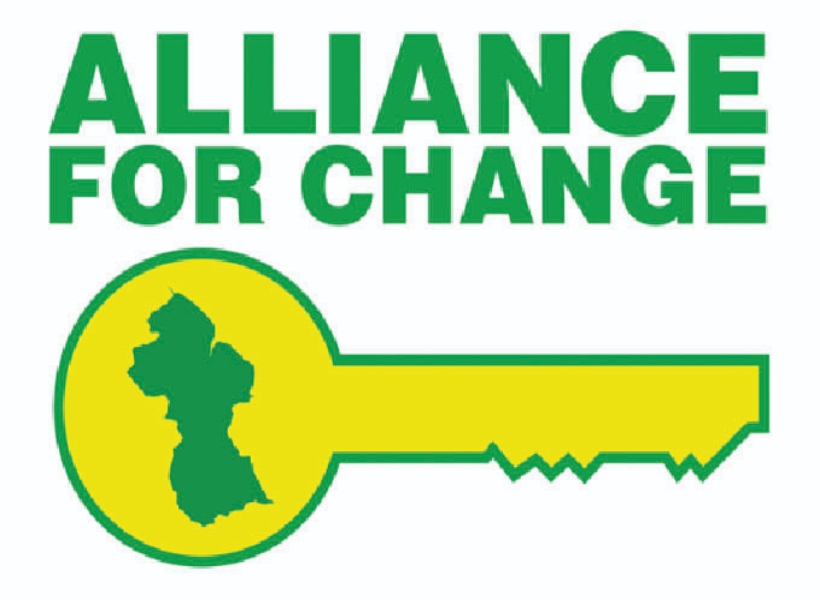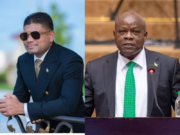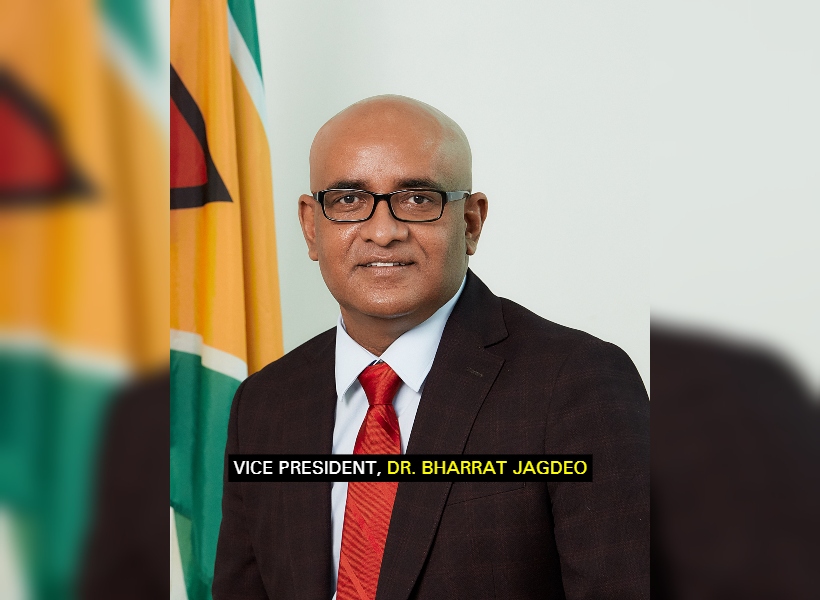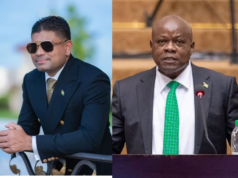The former David Granger-led government committed to transforming Guyana to 100 percent renewable by 2025. That commitment was made under the Paris Accord – a global framework to avoid climate change by limiting global warming to well below 2°C and pursuing efforts to limit it to 1.5°C. Guyana was among 190 countries that pledged to incorporate a green approach into their projects to alleviate the impact of global warming.
But that pledge has, on more than one occasion, been labelled ‘impracticable’ by the country’s Vice President (VP) and former Head of State, Bharrat Jagdeo, who lamented the drought of projects under Granger’s A Partnership for National Unity + Alliance for Change (APNU+AFC) government post-2015 to achieve this feat. The VP reiterated during a press conference today that the commitment was poorly thought out and lacked consultation.
Jagdeo reminded that every sector of Guyana would have to subscribe to this commitment within the short timeline. While his government is committed to the country relying on 100 percent renewable energy, Jagdeo stressed that policies must be formulated to ensure that Guyanese are not exposed to unnecessary hardships.
One hardship, he posited, would be immediate phasing out of fossil fuel cars.
“The world is trying to move away from combustion engines by 2035…So that means vehicles that are not powered by gas [but] vehicles that are powered either by electricity, batteries, or hydrogen fuel cells… To get to that is a big challenge because you can’t just say one night” ‘stop importing these vehicles, but you have to put in place infrastructure to service the sector,” he explained.
He added that instead of gas stations, infrastructure will have to be geared at replenishing the electric component of these green vehicles.
“We have to have charging points throughout the country that people can go and charge their cars and their batteries, and they must be able not to take two hours to charge a battery, but powerful enough to charge a vehicle in a few minutes. It’s a lot of infrastructures you have to build out to be able to achieve something like that,” Jagdeo said.
The former president said that the price of electricity will also have to be taken into account.
“Because if its 30 cents per kilowatt-hour as it is now, and people have to charge that that price means that they have to pay higher prices to charge…So you have to be able to navigate this future well and to see how we make transitions that are not burdensome to our people. We cannot jump to the developed world’s targets immediately,” he noted.
Jagdeo said that persons who are desirous of importing electric vehicles can benefit from ‘incentives’, but the fact remains that “they will be on their own because there will be no infrastructure to support this”.
“we’re not going to make a pledge – 100 percent renewable energy – and then put pressure on all of our people…We have to do it in a way that is careful, but we are committed to start working slowly overtime to get that done.”









